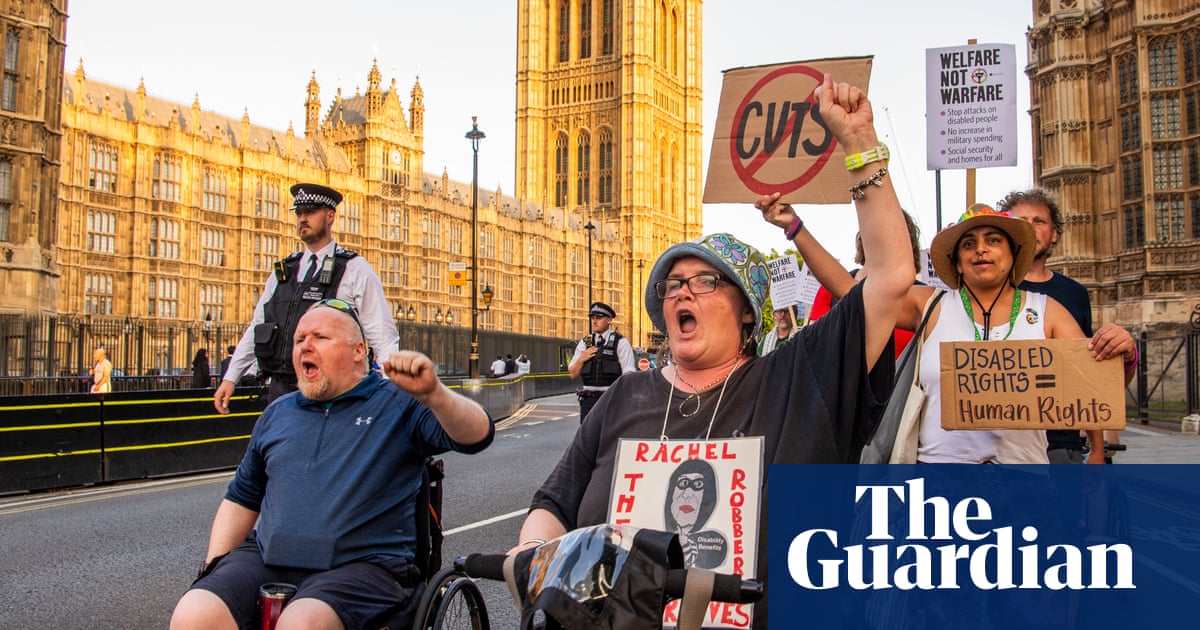Keir Starmer's Labour government has faced a tumultuous month filled with significant policy reversals, culminating in a particularly challenging day in parliament regarding the government's flagship welfare bill. On the day of the Commons vote, tensions ran high as Labour MPs expressed their dissent over proposed cuts to disability benefits, leading to a notable rebellion within the party. Political correspondent Kiran Stacey reported that the government was deeply concerned about the potential for defeat, prompting them to offer several concessions to appease the dissenting MPs. The atmosphere in parliament was charged, with various Labour MPs voicing their opinions, ranging from outright support for the bill to vehement opposition and uncertainty about the path forward. This internal division highlighted the fragile state of Starmer's leadership and the challenges his government faces in maintaining party unity while advancing its legislative agenda.
The implications of this day extend beyond just the immediate vote on the welfare bill. Starmer's authority as the leader of the Labour Party is being called into question just a year into his tenure, raising concerns about his ability to navigate the complexities of governance and party dynamics. As the Labour government continues to grapple with dissent from within its ranks, questions arise about the future direction of its policies and the potential impact on its electoral prospects. The concessions made by the government may provide temporary relief but could also be indicative of a deeper struggle for coherence and support among party members. Ultimately, this situation presents a critical juncture for Starmer, who must find a way to reconcile the differing viewpoints within his party while also delivering on the promises made to the electorate. The outcome of this welfare bill vote could very well shape the trajectory of his leadership and the Labour Party's standing in the political landscape.
